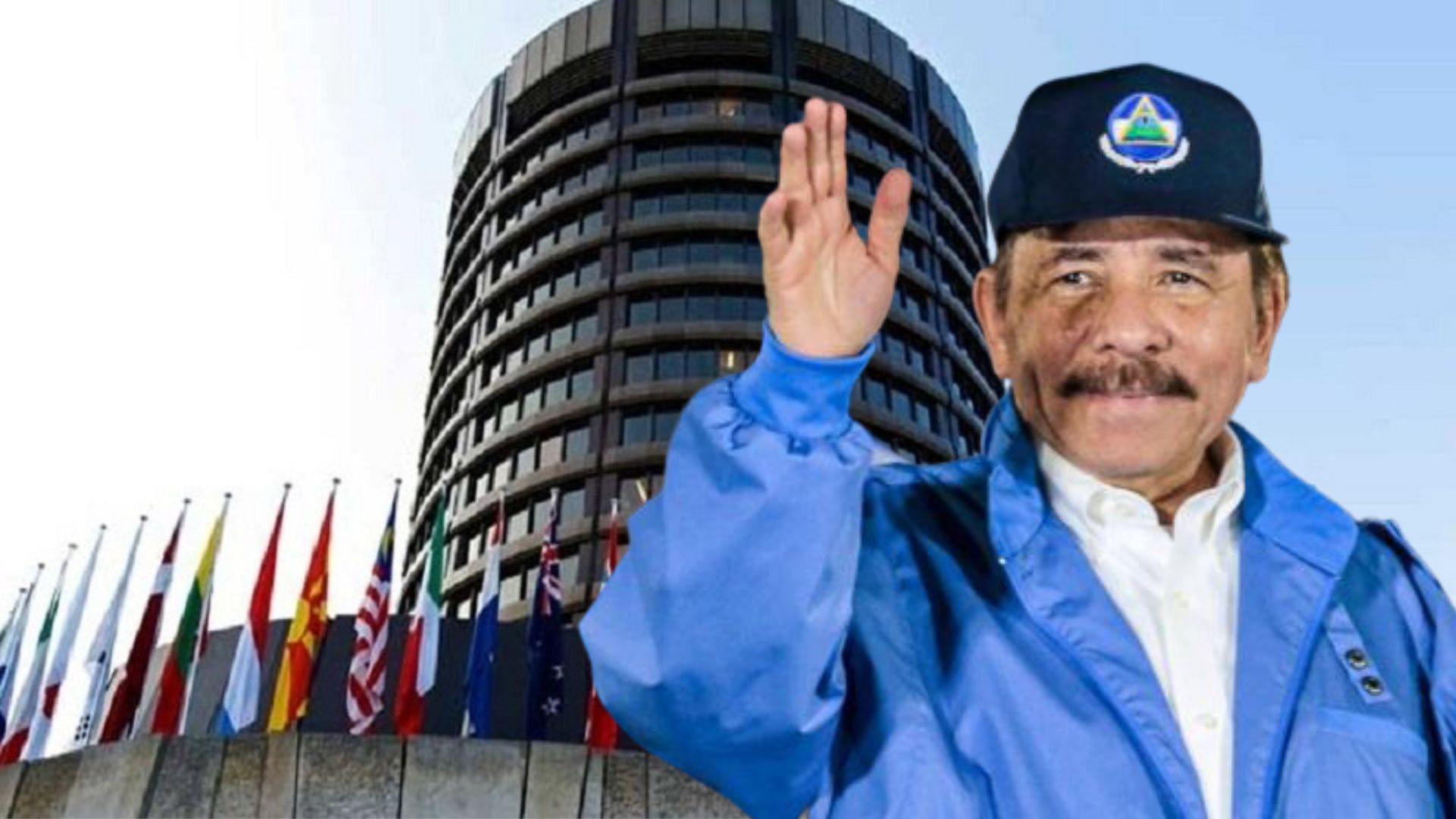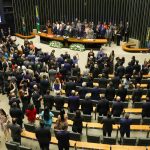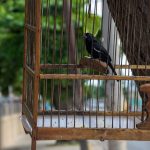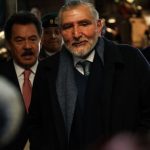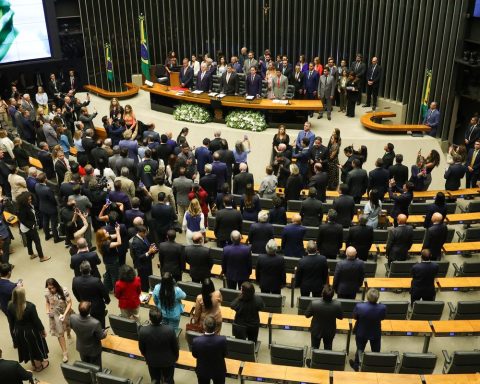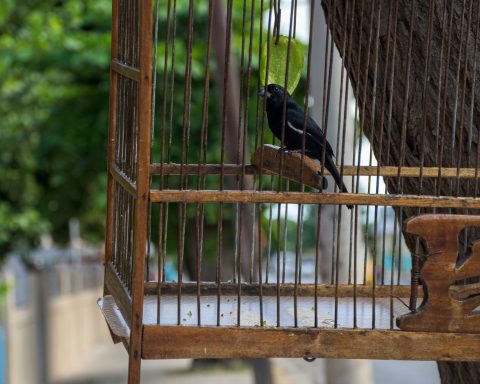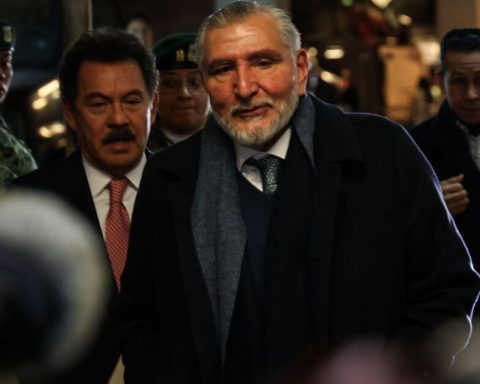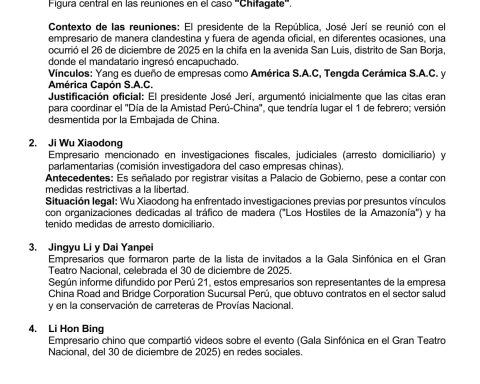Through presidential agreement number 105-2022, the dictator of Nicaragua, Daniel Ortega, through the Ministry of Finance and Public Credit, authorized the signing of a million-dollar loan agreement with the World Bank (WB) for the execution of additional financing for the Project of response to the emergency COVID-19 In Nicaragua.
The amount to be disbursed by the World Bank is 116 million dollars and will be executed by the Ministry of Finance and Public Credit (MHCP), through the General Coordination of Programs and Projects (CGPP), the Ministry of Health (Minsa) and the Office of United Nations Project Services (UNOPS).
Related news: World Bank approves millionaire loan to the regime for the “fight against COVID-19”
Article two dictates that the certification will accredit the representation of the vice minister of the MHCP, Bruno Gallardo, in the signing of the financing agreement, “whose terms have been previously agreed between the Ministry of Finance and Public Credit and the World Bank through the International Development Association (GOING)”.
The agreement entered into force on June 28, 2022, although it was this Wednesday that it was published in La Gaceta, the official newspaper.
Ortega’s authorization comes after on June 23, the World Bank (WB) confirmed the approval of the loan to Nicaragua equivalent to 116 million dollars to “increase response capacities in the fight against COVID-19.”
Related news: World Bank and ECLAC deny Ortega’s economic projection
These funds would be directed to the acquisition of vaccines and supplies to combat the pandemic. This is the second financing authorized by the international organization to the Nicaraguan regime.
“This project will allow the population, particularly the most vulnerable, to benefit from essential medicines, vaccines, and medical and laboratory supplies and equipment during the current national response to the pandemic, and will prepare the country for events of this nature in the future”, indicated the financial institution.
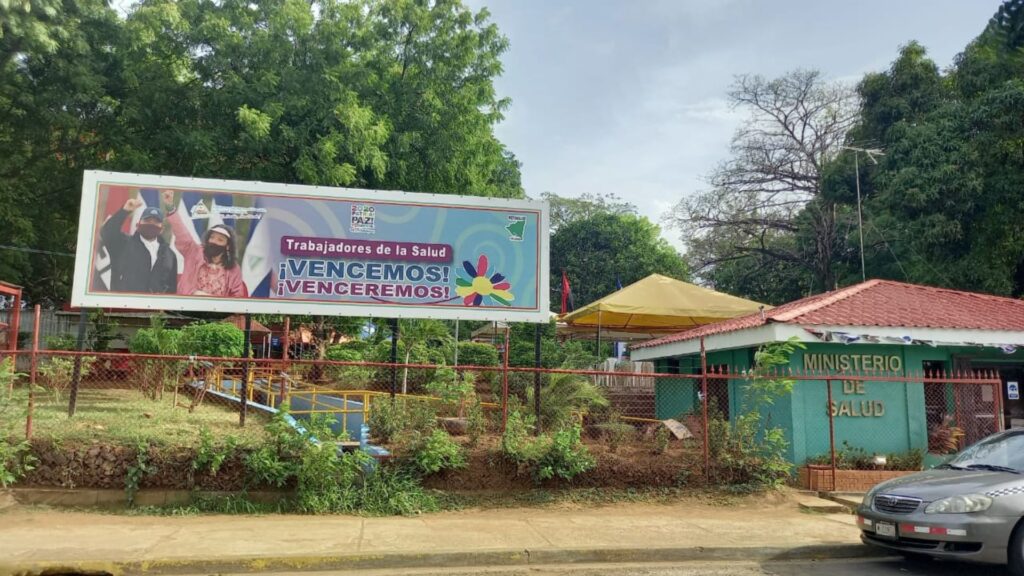
In 2020, the World Bank disbursed 20 million dollars after establishing a series of agreements conditional on the promotion of transparency. This new project, which expands on the first contribution, will be executed through the United Nations Office for Project Services (UNOPS).
The Nicaraguan government has as its two main financiers of loans the Central American Bank for Economic Integration (CABEI) and the World Bank. The money has allegedly been allocated to different projects, especially health and fuel, two aspects that have been seriously questioned.
Questioned attention to COVID-19
As for the purpose of the loan, which is to respond to the emergency of the coronavirus, The Ministry of Health has been questioned for the lack of transparency and information on the pandemic.
The numbers of infections and vaccinated have been questioned by the Pan American Health Organization (PAHO) who have repeatedly shown numbers different from those disclosed by the Minsa; they have also suggested to the Ortega government to better inform the situation of Sars-Cov-2.
Related news: Infections by COVID-19 are declining in Nicaragua, according to the Minsa
Recently, the country’s health entity reported a slight decrease in cases of COVID-19 in a week. In the most recent report between June 21 and 28, 2022, the health institution recorded 47 people infected by the virus, five less compared to the last report.
With this update, there is a cumulative 19,096 cases confirmed by COVD-19data that is far from that reported by the COVID-19 Citizen Observatory, which reports 5,998 deaths from pneumonia and other symptoms related to the coronavirus, as well as 32,374 suspected cases of contagion.
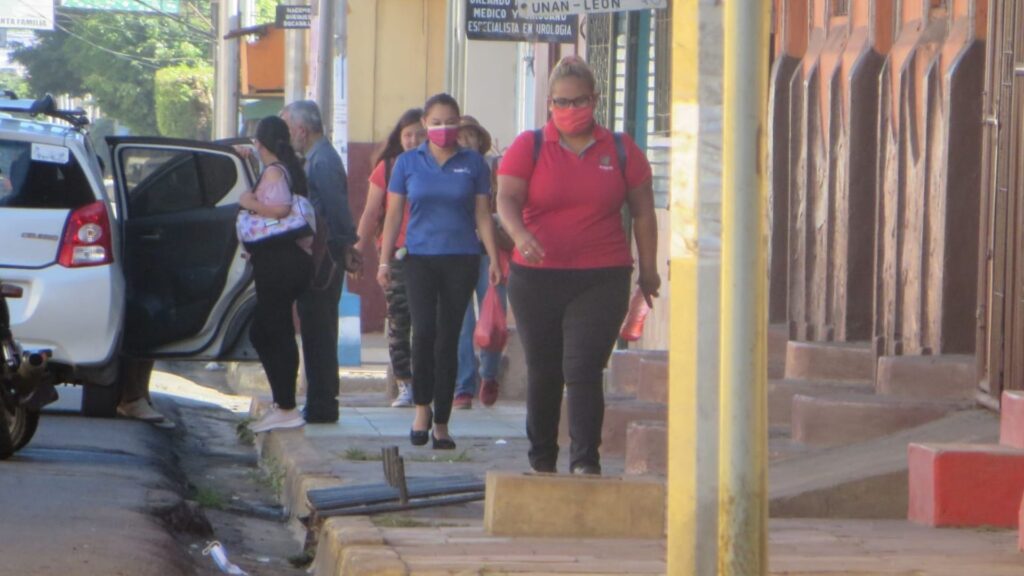
Despite the fact that the Ortega and Murillo regime continues to promote the house-to-house vaccine to avoid more infections of the COVID-19, continues to call for massive activities, where social distancing is not put into practice. Every Friday, the Vice President of Nicaragua, Rosario Murillo, announces thousands of massive activities for the weekends, actions that are criticized as “irresponsible” in the face of the health crisis in the country.
